Hoping all you mamas are doing okay and making it through life during a pandemic.
Just a little of an update on how my family has been doing. My daughter just had her 8th birthday and we opened our doors to another family that is close to us and has been pretty strict with the isolation guidelines. Boy, was that ever a fun day! I missed my friends so much. I’m looking forward to and hoping for more “freedom” in the coming days. Looking forward to drinks on the patio, playground dates and camping together! I’m also counting down the days to no “school”! 16 days to go, in case you weren’t already counting! I have to say that my kids have managed pretty well at home. My son Jack is in grade 4 and he despises doing schoolwork and it is a chore for both of us to get it done. But he loves being home and staying in his housecoat all day. He’s done lots of cooking with me, built a treehouse with my husband and earned money helping my mom with yard work. I'd say he’s learning lots of life skills. My middle daughter, Molly, is in grade 2 and loves learning and loves doing her schoolwork on the computer. It’s so cute listening to her read stories to her teacher and the conversations she has with her friends on Kids Messenger. She also enjoys being in her pyjamas all day! My youngest, Hannah, is in kindergarten so she’s already used to being home most days. She’s enjoying having her siblings home all the time and keeps herself busy playing/crafting all day. We’ve kinda (100%) stopped doing the assigned activities from her teacher (sshhhh) and life is way easier. This mama is not creative and does not enjoy crafts!! She went to an amazing preschool that prepared her so well. She’s ready for grade 1! (and yes, I have the teachers approval). Of course they all miss their friends but they also understand that this “new normal” isn’t forever and we need to keep ourselves and everyone else safe.
How are all of you? I would love to hear how you are all coping and the positives that are coming from being home. Our days are starting to warm up and often we get this question:
Does my breastfed baby need water?
The simple answer is, a breastfed baby does not need extra water or fluids. No matter how warm it gets breast milk is food and drink. If the newborn baby is thirsty, continue to feed on demand. Research shows that even in extremely hot countries, breast milk alone is good for keeping a baby hydrated.
Breast milk is over 90% water
Our bodies are so smart! In hot weather, our bodies make milk that has a higher water content
Babies might fill up on water, which has no nutrients or calories
Giving anything other than breastmilk can affect milk supply
Water may interfere with breastfeeding, and can actually contribute to weight loss and jaundice.
Although very rare, if babies under the age of 1 drink too much water, it can lead to water intoxication which can lead to brain seizures.
So mama’s, drink lots of water! It is normal for your baby to have lots of short feeds on a hot day. This is because breastmilk is higher in water at the start of a feed therefore thirst quenching. It is okay to start giving a little water around 6 months of age, when your baby starts sampling solids, but always offer breast milk first.
Enjoy June!
Melissa, RN, Lactation Consultant









